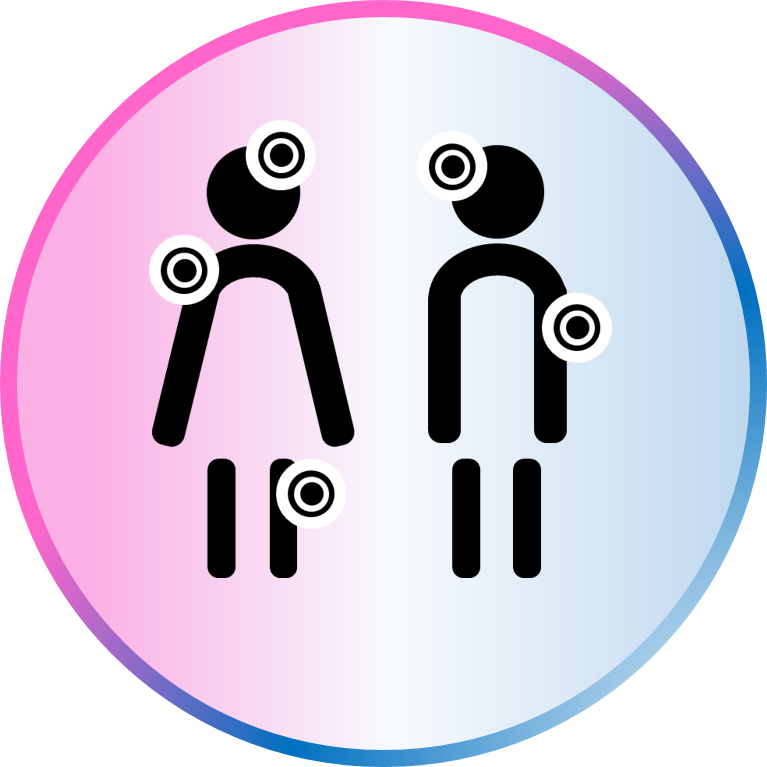Laboratory Collaborations
Dr. Janet Mullington, Professor of Neurology, Harvard Medical School, Department of Neurology, Beth Israel Deaconess Medical Center
Dr. Navil Sethna, Professor of Anesthesiology, Harvard Medical School, Department of Anesthesiology, Critical Care and Pain Medicine, Boston Children’s Hospital
Dr. Charles Serhan, Simon Gelman Professor of Anesthesia (Biochemistry and Molecular Pharmacology), Harvard Medical School and Professor of Oral Medicine, Infection & Immunity, Harvard University
Dr. Suzanne Bertisch, Assistant Professor of Medicine, Harvard Medical School, Department of Sleep Medicine, Brigham Mass General.
Dr. Wolfgang Junger, Professor of Surgery, University of California San Diego.
Dr. Luciana Besedovsky, Professor, Institute of Medical Psychology, Ludwig-Maximillians University Munich Germany
 Pain and pain processing
Pain and pain processing Inflammatory and inflammatory resolution processes.
Inflammatory and inflammatory resolution processes. Sexual differences in the prevalence of pain- and immune-related diseases.
Sexual differences in the prevalence of pain- and immune-related diseases.

